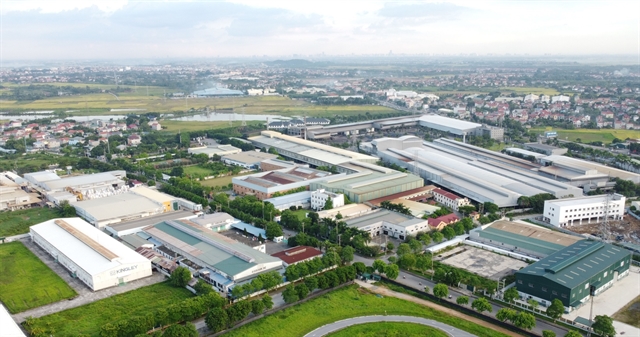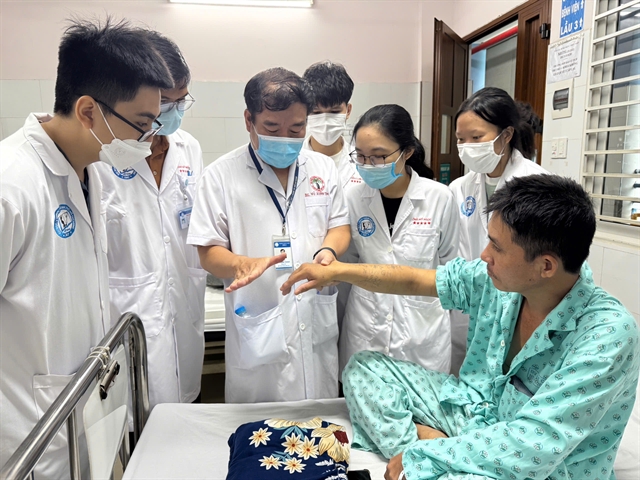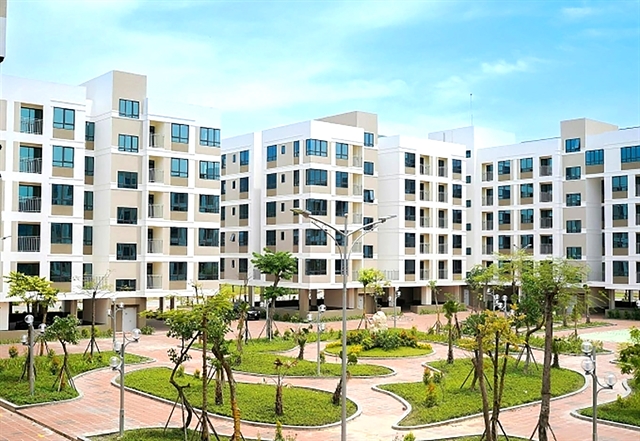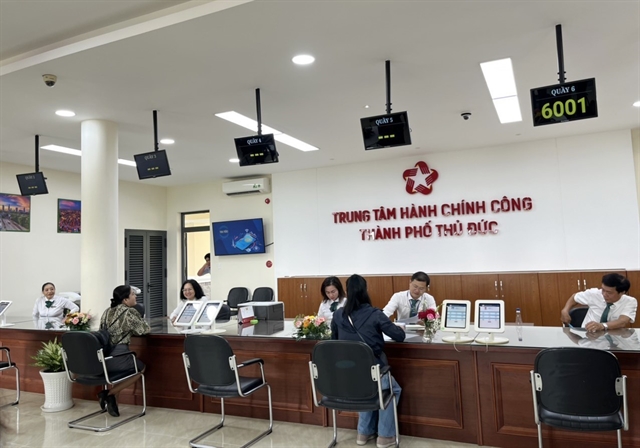 Politics & Law
Politics & Law

The National Assembly Standing Committee yesterday discussed the revised Tourism Law which forms the legal basis for the sector to improve its competitiveness and create conditions for its development into a spearhead economic sector.
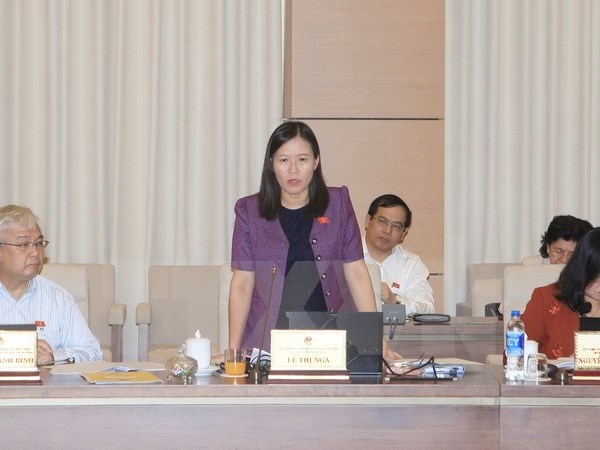 |
| Chairwoman of the NA's Law Committee Lê Thị Nga delivers speech at the yesterday meeting of the Standing Committee. — VNA/VNS Photo Phạm Kiên |
HÀ NỘI – The National Assembly Standing Committee yesterday discussed the revised Tourism Law which forms the legal basis for the sector to improve its competitiveness and create conditions for its development into a spearhead economic sector.
At the on-going third session of the 14th NA, some deputies asked for specific incentive policies for investment in tourism, resource mobilization, and the integration of tourism development into other socio-economic strategies.
Most of the deputies agreed with the necessity to revise the law to tackle existing shortcomings by formulating a clear legal framework, creating motivation and favourable conditions for tourism to develop, they said.
Assessing that the tourism sector still failed to match the country’s potential and advantages, NA Chairwoman Nguyễn Thị Kim Ngân said the law should be revised to deal with the urgent problem of how to draw more tourists and how to encourage tourists to visit the country again.
It was necessary to promote the tourism sector via culture, she said, adding that tourism development could not be separated from culture if it wants to succeed.
Some deputies said the draft law still failed to have specific and breakthrough policies to ensure that tourism could be developed into a spearhard economic sector. The compiling board should review related regulations and laws and study tourism development policies to mobilise all resources to support tourism development, and incorporate tourism development into socio-economic development plans, they said.
As for the establishment of a fund for tourism development regulated in the draft law, some deputies said it was necessary to set up the fund to support the promotion of tourism and staff training for the sector. However, some deputies questioned the feasibility of creating such a fund due to limited financial resources.
Regarding the draft Law on Belief and Religion, a regulation that allows religious organisations to join social, education and healthcare activities drew reactions from most participants.
Most of the deputies agreed with the regulation, under which religious organisations will be licensed to establish educational establishments as part of the national education system, operating in line with the current education regulations.
Phan Thanh Bình, Chairman of the National Assembly Committee for Culture, Education, Youth and Children, said that in reality, many religious organisations have opened and managed education establishments effectively for children in nursery schools, primary education and vocational training in line with the country’s laws.
Some 126,000 students attend about 270 schools currently operated by religious organisations.
National Assembly Chairwoman Ngân agreed with the regulation, saying that it matched the country’s policy to mobilise the participation of the whole society in education development.
However, some deputies raised concern that the current Law on Education does not have regulation on this issue, urging the draft law to make the regulation clearer.
National Assembly Vice Chairman Uông Chu Lưu said more study was needed to ensure that education establishments set up by religious organisations refrain from teaching content relating to belief and religion in order to ensure the freedom of religions of each individual.
Concerning other social activities of religious organisations, such as charity, humanitarian relief, social protection and healthcare activities, most deputies agreed that religious organisations have done well, making great contributions to society.
However, some deputies said religious organisations should ask for permission from local authorities in localities where their social activities are held and not be allowed to conduct propaganda activities to expand and develop their religions so as to respect people’s freedom of religion. — VNS


